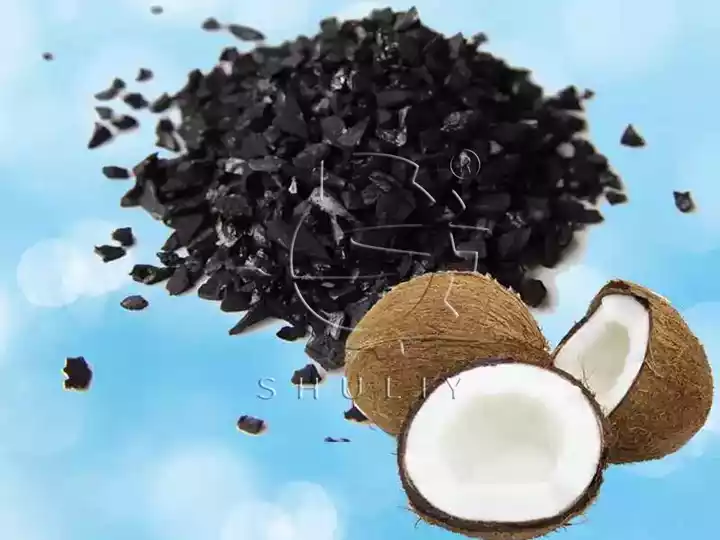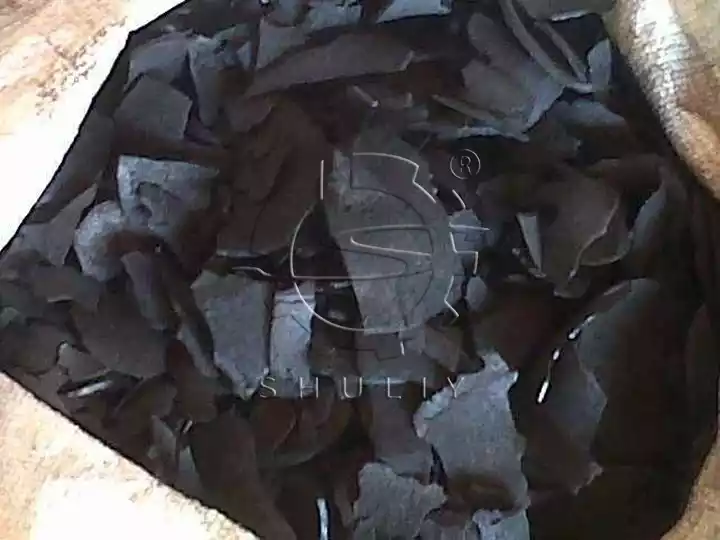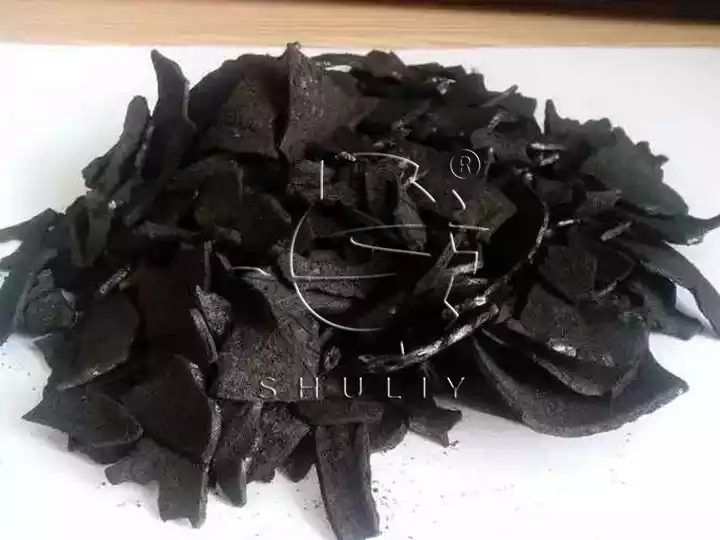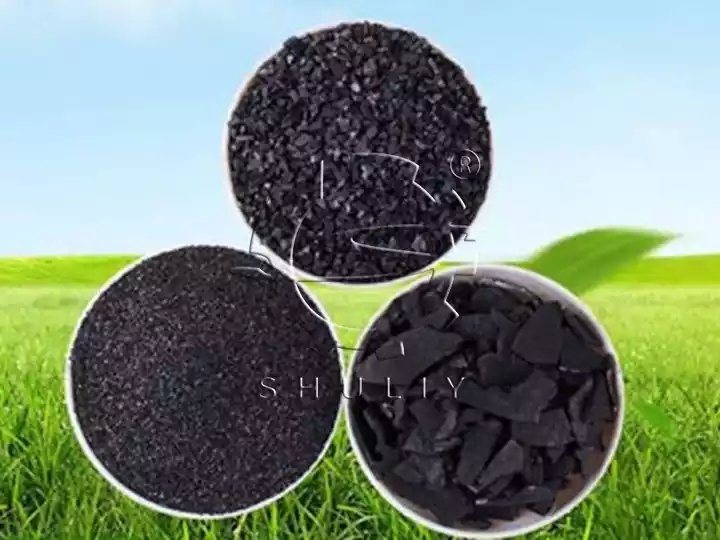What are Coconut Shell Coal Uses?
Coconut shells are frequently thrown away as waste, but when they undergo pyrolysis technology, they can be transformed into valuable coconut shell coal, offering numerous advantages across different industries. This sustainable charcoal serves as a renewable energy source and has a variety of applications.
In this article, we will delve into the uses and benefits of coconut shell charcoal, along with the factors that affect its composition.
Preparation and characterization of coconut shell coal
Coconut shell charcoal is a sustainable energy source created by pyrolyzing coconut shells using specialized equipment in high-temperature, oxygen-free environments.
It contains essential elements like carbon, hydrogen, oxygen, and nitrogen, along with minerals such as potassium, sodium, calcium, and magnesium. Its porous structure gives it excellent adsorption and storage capabilities.

Benefits of coconut shell charcoal
- This charcoal is produced from agricultural waste, specifically coconut shells, contributing to waste reduction and serving as a sustainable renewable energy source.
- With a carbon content reaching up to 55%, coconut shell coal stands out as a high-quality fuel with superior calorific value.
- Its porous structure enhances its adsorption capacity, making it suitable for various applications.
- Thanks to its low volatility and high carbon content, coconut shell charcoal remains stable, making it a dependable material for industrial processes.

Wide application value
- Coconut shell charcoal plays a significant role in agriculture by enhancing soil quality. It adds essential nutrients, improves soil structure, and boosts crop yields. Additionally, it aids in soil rehabilitation by introducing organic matter that enhances soil fertility.
- In the industrial sector, coconut shell coal is valued for its high calorific value, making it a popular fuel source in industries like cement production, brick manufacturing, power generation, and boiler operations. In metallurgy, it serves as a reducing agent, which is crucial for metal production processes.
- For livestock, coconut shell charcoal is incorporated into animal feed to support healthy digestion, promote growth, and enhance overall livestock health. It also effectively absorbs manure, ammonia, and other unpleasant odors from farms, creating a better living environment for the animals.
- In the restaurant industry, coconut shell coal is a preferred choice for barbecues due to its ability to produce high heat, burn for extended periods, and generate minimal ash.

How is coconut shell charcoal made?
The process of creating coconut shell coal requires high-temperature pyrolysis. Various factors, including the type of coconut shell, moisture content, and the temperature and duration of carbonization, can greatly influence the quality of the final charcoal. For a comprehensive guide on the process, please click: An Ultimate Tutorial on How to Make Coconut Shell Charcoal: Tips and Tricks for Success.
Choose a suitable way to produce coconut shell charcoal
Coconut shell coal is versatile and has a wide range of applications thanks to its excellent properties. If you’re in the coconut shell charcoal manufacturing business, it’s essential to find a reliable and cost-effective source for your coconut shell supply.
Additionally, selecting an efficient manufacturing method for Coconut Shell Charcoal is crucial. Shuliy Group provides biochar manufacturing machines. Don’t hesitate to reach out to us if you’re interested.

